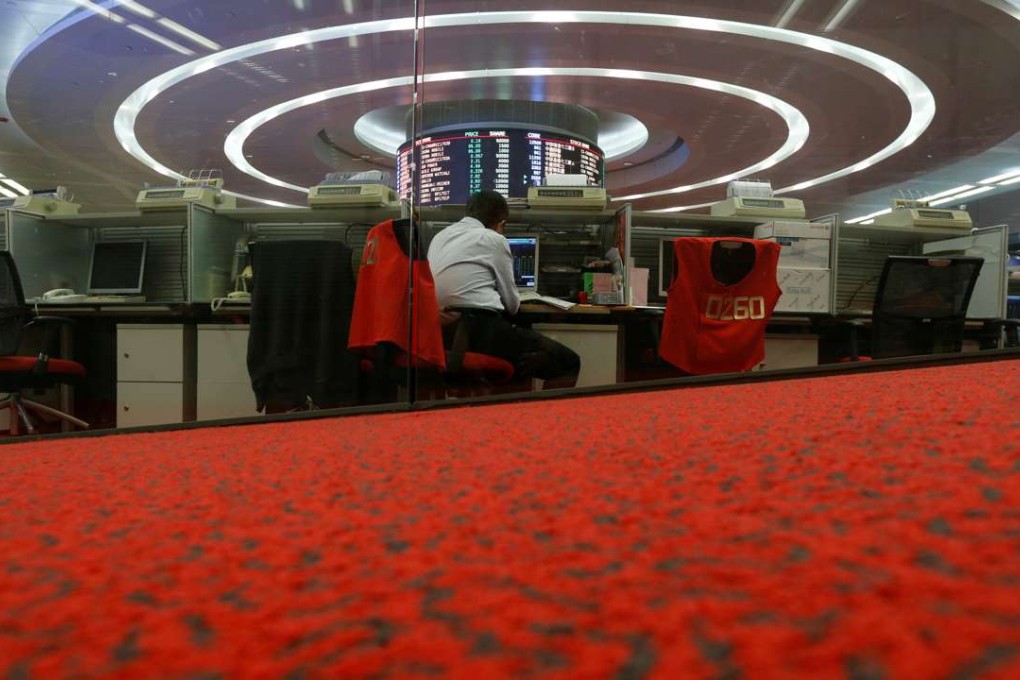Daily Report | Hong Kong stocks track higher, led by rate-sensitive property sector
Hang Seng Index climbs 0.36 per cent to 23,681; Hang Seng China Enterprises Index adds 0.58 per cent to 10,229 at close of trading

Hong Kong and mainland stocks ended higher on Tuesday as investors took heart from Beijing’s pledge to support innovation and economic restructuring at its annual plenary meeting.
The Hang Seng Index rose 0.36 per cent to 23,681 and the Hang Seng China Enterprises Index added 0.58 per cent to 10,229 at close of trading.
The rate-sensitive property sector bounced back from yesterday’s declines, as the impact of a near-certain US interest rate rise was absorbed by the market.
Federal Reserve Chair Janet Yellen hinted strongly last Friday that the central bank will raise interest rates at its next meeting on March 14-15.
China Resources Land led the gains, rising 2.7 per cent to HK$21.0, while Hong Kong developer Hang Lung Properties edged up 1.86 per cent to HK$19.8.
Food manufacturer Want Want China Holdings surged 2.8 per cent to HK$5.14.

